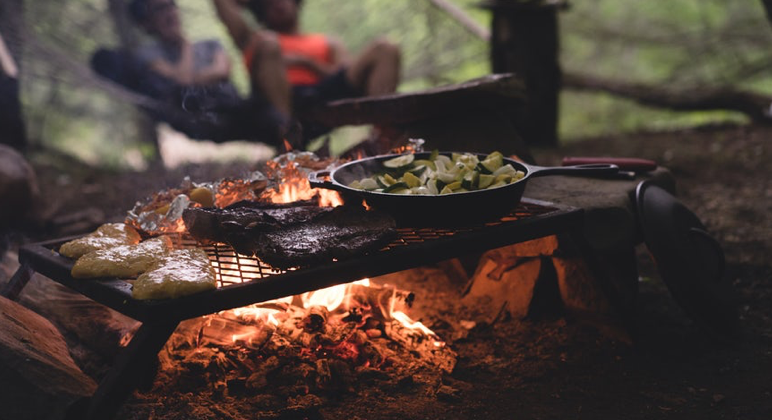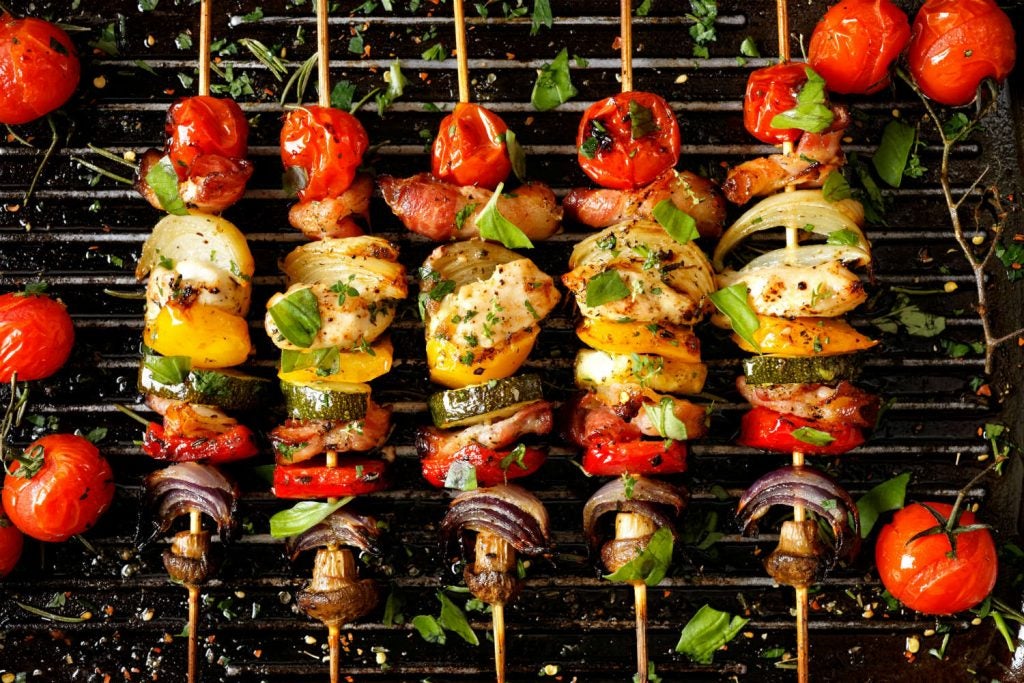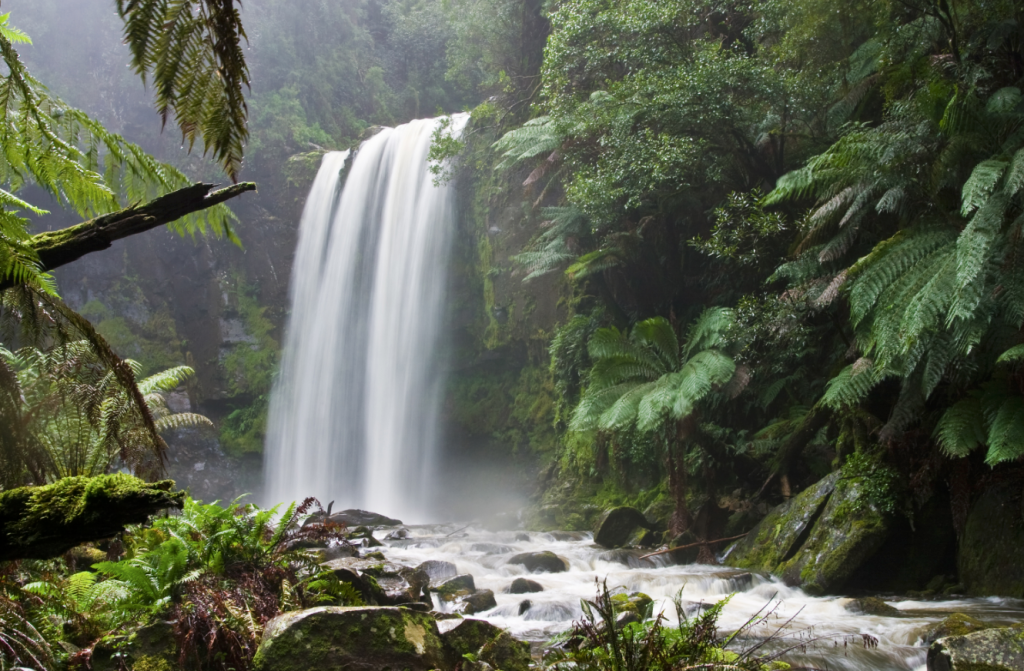Have you ever packed up your dishes from the campground when they’re still dirty? Packing up crust-laden bowls and silverware and stashing it in the car until you reach your destination is one of those dirty camping secrets that many of us harbor. Campground dishes aren’t exactly something we all look forward to taking care of. Sometimes it is all too tempting to put that chore off until you are home. It makes you realize what a luxury the convenience of a sink can be, but wouldn’t it be nice to come home and not have to worry about doing one more thing after you unpack?
While we are totally supportive of getting dirty while camping, doing your dishes at the campground doesn’t have to be a daunting task. Here are our tips for getting dirty campground dishes out of the way before you head home.
Safe, Easy Ways to Clean Campground Dishes
1. Bring Everything Plus the Kitchen Sink
Many campgrounds provide potable water spigots, giving campers access to drinking water during their stay. You can also use this as your water source for getting your dirty campground dishes done. Just bring your own makeshift sink. This can be two buckets, large bowls, or even a collapsible camping sink made out of waterproof fabric or silicone. These options allow you to do dishes, while also making it easy to wash your hands throughout the day as you prepare food and play in the dirt. Make sure you use potable water as it won’t carry bacteria and viruses like cryptosporidium and giardia that can make you sick.
2. Use Biodegradable Soap
Regular soap can cause damage to wildlife, plant life, soil, and water. Bring along biodegradable soap instead. Whether you’re staying at an established campground or you’re out in the backcountry, this soap is easy to use and has less of an impact on the planet. You can find it in camping stores in liquid and bar form, and it is perfect for doing campground dishes and laundry. You can even use it for personal hygiene, like teeth brushing and taking a campground shower.
3. Use a Spouted Water Container
It is always a good idea to bring your own water regardless of whether or not there is any available near your campground. Look for a container that has a spigot on the side. Water pitchers may seem convenient, but they won’t allow you to pour the water as easily. The spigot allows you to access free flowing water easily without having to use your hands.
4. Consider Your Tools
Some scrubbing tools can help you get your campground dishes done more easily, too. Some people cut regular kitchen sponges into smaller sizes to make them more compact and lightweight when hitting the trail. Others take along full-sized pressure sprayers for a little extra dish-doing oomph. It doesn’t hurt to try things out and find what works best for you. If you don’t want the additional weight that these tools might add, you can always use downed pine tree branches to scrub pots and pans. The needles are naturally abrasive and work well on crusted-on food remnants. As an added bonus, they can leave behind a nice piney scent.
5. Always Leave No Trace
Practice Leave No Trace ethics when doing your dishes. Once you’ve washed everything, make sure to strain out any food particles from the dirty water, then pack them out or dispose of them in the garbage. After that, you need to dispose of the water properly. It is best to dump the water more than 200 yards away from water sources and your campsite, though we always recommend dumping in designated sites when available.
The Dyrt is the fastest growing camping app on web and mobile, with new features being rolled out regularly. If you love the outdoors, discovering ideal spots to pitch your tent, and being part of a rich and active community, then join us.
The Dyrt is the only camping app with all of the public and private campgrounds, RV parks, and free camping locations in the United States. Download now for iOS and Android.Popular Articles:
Articles on The Dyrt Magazine may contain links to affiliate websites. The Dyrt receives an affiliate commission for any purchases made by using such links at no additional cost to you the consumer.



